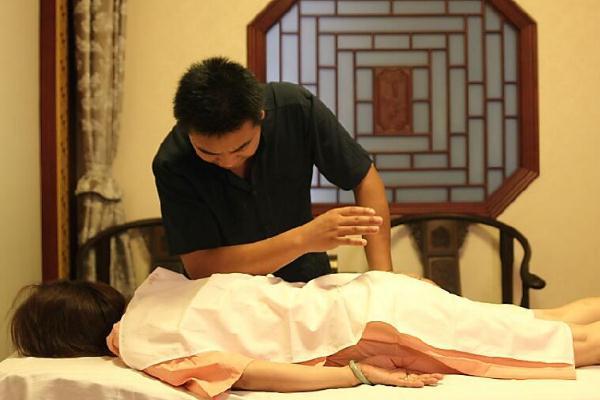Traditional Chinese Medicine (TCM) has been gaining popularity in Singapore, praised for its holistic approach to health and its reputed benefits in managing everything from chronic pain to stress. But is TCM as effective as it’s often claimed to be? Here, we uncover the real story behind TCM and explore what it genuinely offers, from acupuncture to herbal therapies, and whether it can live up to the expectations.
1. TCM Takes a Holistic View of Health
One of the key attractions of TCM is its holistic approach. Unlike conventional treatments that target specific symptoms, TCM views the body as an interconnected system, focusing on restoring balance. This approach can be particularly beneficial for those experiencing multiple, seemingly unrelated health issues. TCM’s emphasis on balancing the body’s energies, such as through acupuncture or herbal remedies, makes it appealing to those seeking overall wellness rather than symptomatic relief alone.
2. Acupuncture Offers Proven Benefits Beyond Pain Relief
While acupuncture is commonly associated with pain relief, research has shown that its benefits extend far beyond this. Recognised as one of the best acupuncture practices in Singapore, TCM clinics use acupuncture to manage conditions like insomnia, anxiety, and digestive issues. By stimulating specific points in the body, acupuncture promotes circulation and balances energy flow, making it an effective option for various health concerns. However, the quality of results often depends on the skill and experience of the TCM physician administering the treatment.
3. Herbal Medicine Is Tailored to the Individual
In a traditional Chinese medicine clinic, herbal medicine is prescribed uniquely to each patient. Rather than relying on standardised medications, TCM physicians assess each individual’s health status and create a blend of herbs tailored to their needs. This personalised approach is one reason TCM is praised for its ability to address underlying issues rather than just treating symptoms. Nevertheless, it’s crucial for patients to consult qualified practitioners to ensure safe and effective use of herbal treatments.

4. TCM Complements Modern Medicine
Many people believe TCM and modern medicine are incompatible, yet in practice, they can work effectively together. Patients undergoing conventional treatments for chronic conditions, such as arthritis or diabetes, often find that TCM helps manage side effects or enhance their overall quality of life. By visiting a traditional Chinese medicine clinic, patients can complement their existing treatments, creating a more rounded approach to their health. However, communication with all healthcare providers is essential to avoid potential interactions between treatments.
5. TCM Considers Lifestyle and Emotional Well-being
A unique aspect of TCM is its attention to lifestyle factors, such as diet, sleep, and emotional well-being, which are all considered crucial to physical health. TCM physicians frequently recommend lifestyle adjustments, whether dietary changes or stress-reduction techniques, to support a patient’s recovery and maintain balance. This integrated approach to health encourages long-term wellness by addressing factors that may not be prioritised in conventional medicine.
6. Potential Limitations of TCM
Despite its advantages, TCM is not a cure-all solution and has limitations. While it is effective for chronic and lifestyle-related issues, acute conditions or emergencies are best managed through modern medical interventions. Furthermore, the effectiveness of TCM treatments can vary depending on the patient’s commitment to lifestyle changes and the expertise of the TCM physician. It’s essential to approach TCM as part of a balanced health plan, rather than as a replacement for essential medical care.
7. The Importance of Choosing a Qualified TCM Physician
The success of TCM treatments, particularly acupuncture and herbal medicine, relies heavily on the skill of the practitioner. Choosing a reputable TCM physician ensures that treatments are safely and effectively administered. In Singapore, many qualified TCM physicians are available, and selecting one with experience can greatly enhance the quality of care. Patients considering TCM should research and choose a certified practitioner who can offer professional guidance.
Conclusion
TCM offers a unique and valuable approach to health, from holistic wellness to targeted therapies like acupuncture. While it may not replace conventional medicine, TCM provides complementary benefits that support long-term well-being. For anyone seeking a more balanced health routine, TCM might indeed be as good as they claim.
For more information about TCM solutions, contact NovaHealth TCM Clinic today.

